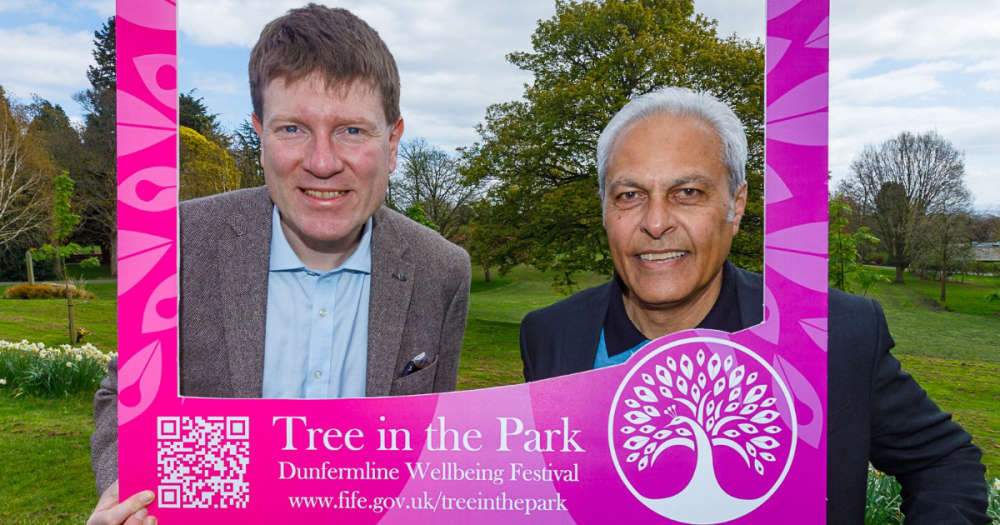
Parents in Scotland have revealed that young children ask an average of over eight questions a day, leaving mums and dads stumped for answers to almost half of those enquiries.
The survey by Read On. Get On, a coalition of leading charities, teachers, parents and businesses campaigning to get all children reading well, shows adults in Scotland find questions about life events such as the arrival of a new brother or sister the most challenging, with 35% of parents reporting that they find these difficult to answer. Additionally over a quarter of the adults’ surveyed were perplexed by their children’s science questions such as “why is the sky blue?” and “how many stars are there in the sky?”
1 in 5 smart Scots parents claimed that they don’t find any questions difficult that their children pose – the highest figure in the UK.
In response to the tricky questions posed by their children, over half of parents said that if they don’t know the answer they would take the time to look up the answer with their offspring. However, nearly a quarter of parents admitted to being creative with the truth if they were unsure of the answer.
The survey findings show that many parents experience an upsurge of questioning during the summer holidays with 34% and 45% of parents respectively saying that boredom and long car journeys are catalysts for their little ones’ inquisitiveness.
Whilst potentially trying for parents, this incessant questioning should be an encouraging sign for mums and dads as a report by Read On. Get On. suggests that asking lots of ‘why?’ questions is a key stage in language development which is vital in getting children ready to learn to read when they enter the classroom.
The campaign argues that the impact of poverty on children’s literacy starts well before school. A lack of language development is one of the main reasons that one in five of the poorest children in Scotland leave primary school unable to read well, which has serious knock on effects for their future prospects.
Professor Sue Ellis, Read On. Get On. spokesperson in Scotland said: "Between ages two and three, children are really curious about how the world works. Asking “why” questions helps them develop the language and thinking skills that build brain power. Sharing stories together is a fantastic way to do this, and one of the best things parents can do to help their child's future."


 Closures on A92 from TONIGHT for roadworks
Closures on A92 from TONIGHT for roadworks
 Queensferry Crossing diversion trial a success
Queensferry Crossing diversion trial a success
 ‘Tree in the Park’ festival promotes wellbeing in Dunfermline
‘Tree in the Park’ festival promotes wellbeing in Dunfermline
 11°C
11°C
 14°C
14°C